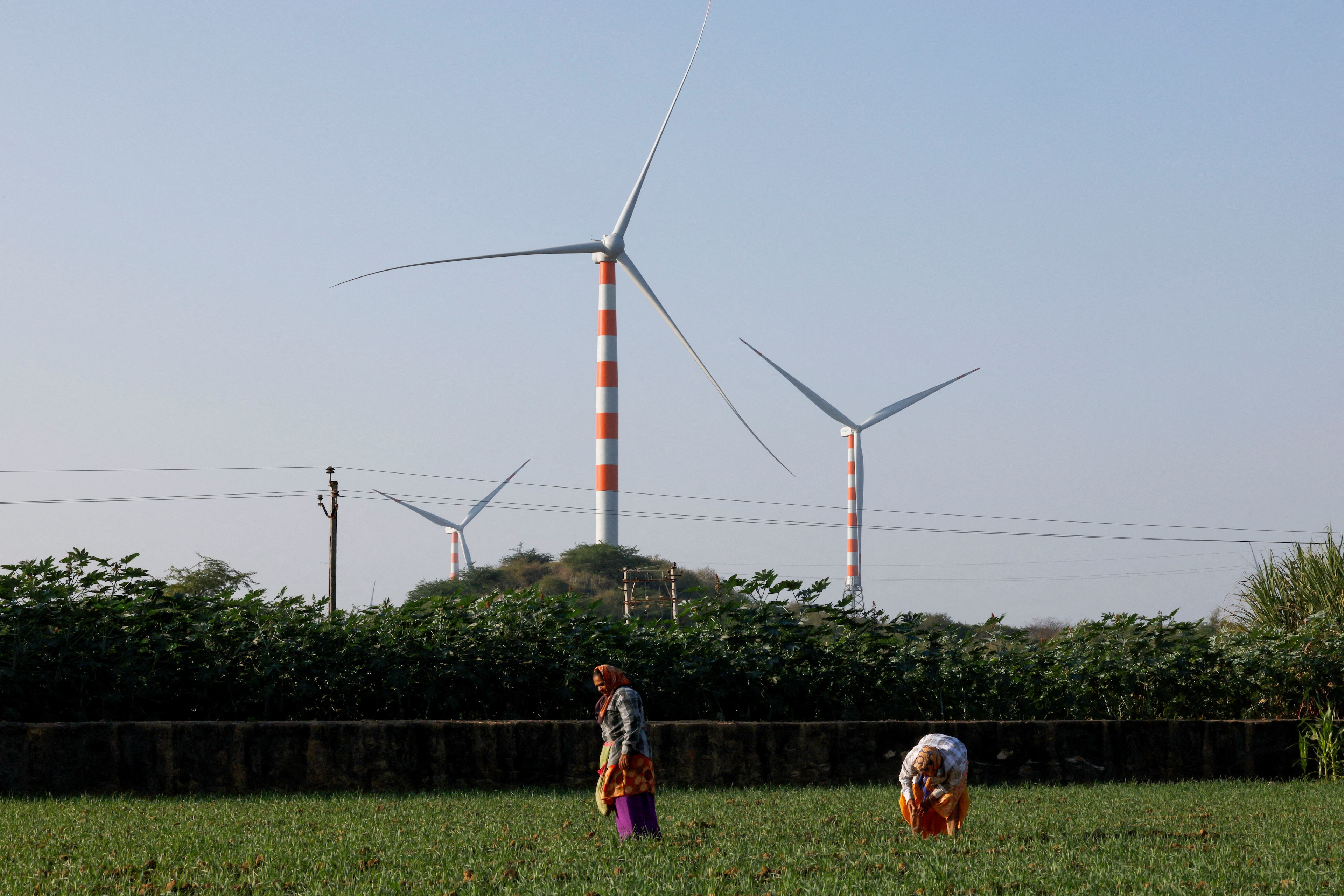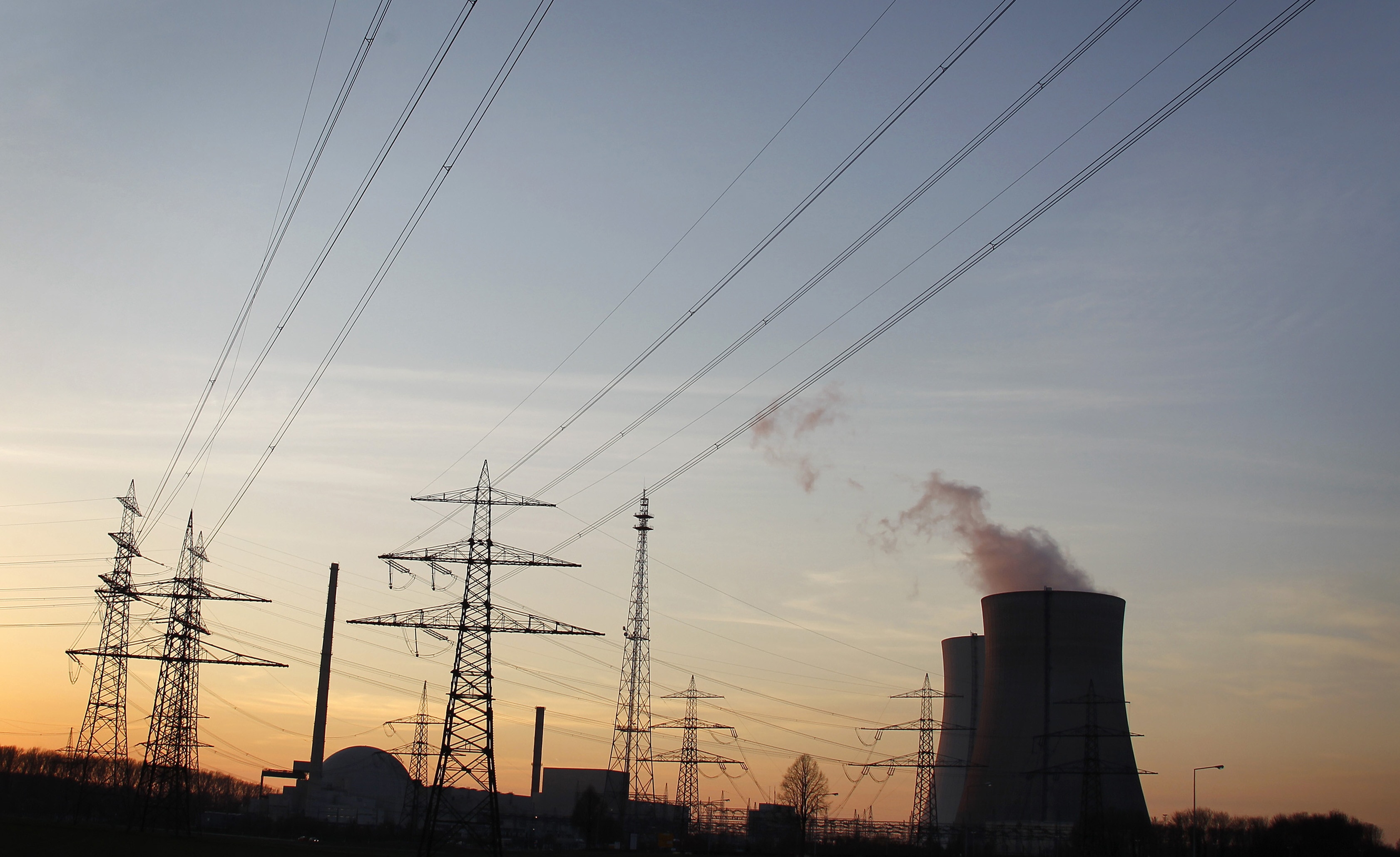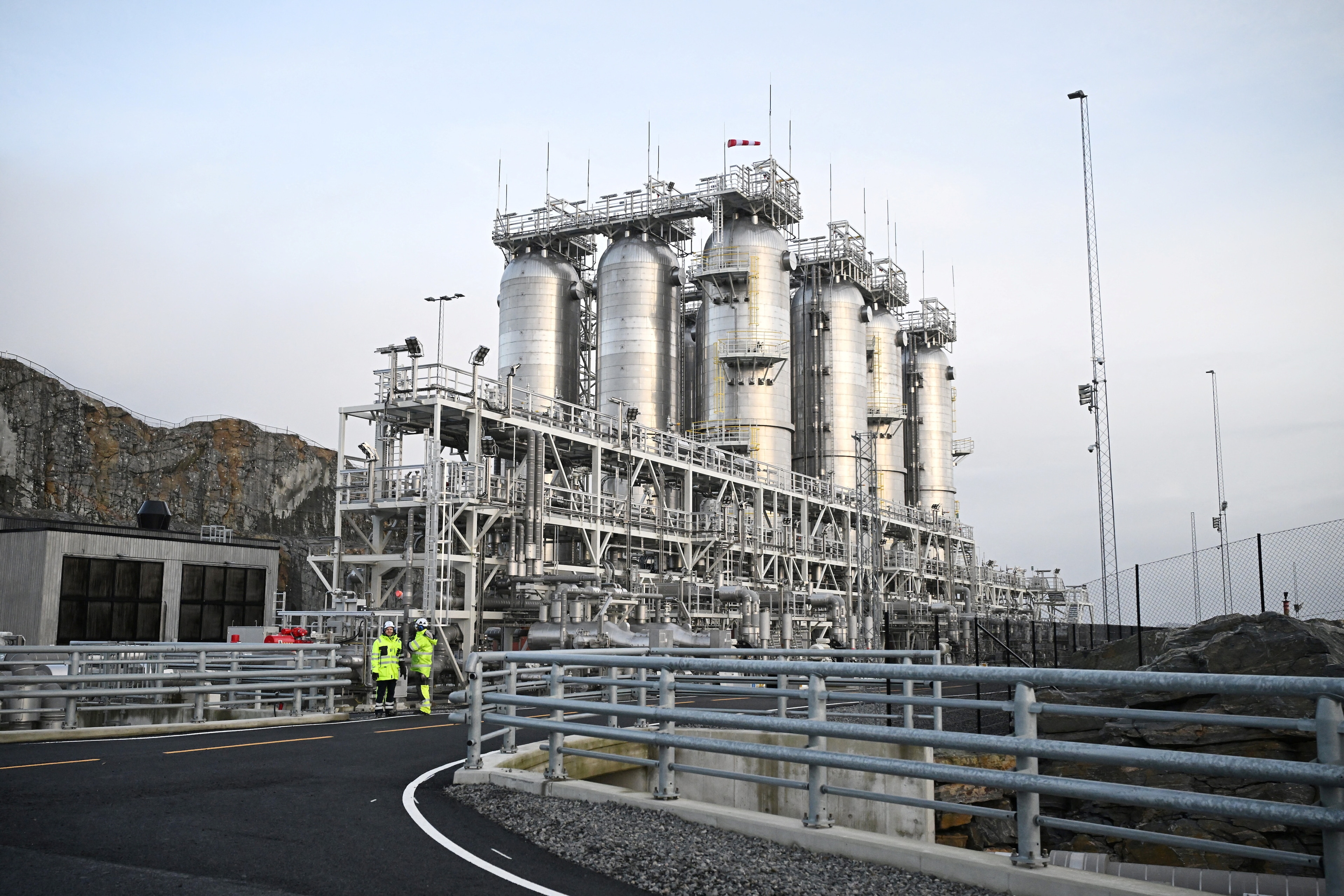Unprecedented change in the energy sector: a response to the Forum's SWF report
Two experts from Barings dissect the World Economic Forum's report The Transition to Strategic Sovereign Wealth Funds.
Image: Unsplash
Stay up to date:
Energy Transition
The World Economic Forum’s report The Transition to Strategic Sovereign Wealth Funds highlights the potential for unprecedented change in the energy sector, driven by developing technology in key energy markets, such as power generation and transportation. The paper highlights the risk that oil assets could become stranded in the longer term.
However, in the shorter term, we would highlight that change on the supply side of the equation could also be disruptive to energy markets, and have an impact on the sovereign wealth funds (SWFs) that reside in oil producing nations.
Historically, the dual drivers of oil supply were international oil companies (IOCs), who looked for stable returns on long-duration projects, and national oil companies (NOCs) from the OPEC nations, who typically managed the marginal supply. This model has been displaced by the new supply coming from US unconventional oil. This disruption has shifted the whole industry to a more short-term commercial orientation.
Looking forward, we expect the pace of growth in US unconventional oil production to slow as technological advancements and operational efficiencies flatten. This would limit the potential for US producers to cause further disruption, which would put the supply emphasis back on IOCs and NOCs.
However, there is a risk that IOCs under-invest in essential long-life production projects, as shareholders both limit the level of capex available for growth projects and insist on cash being returned via elevated dividends and share buybacks. Reduced long-term investment from IOCs will shift production emphasis towards NOCs to meet future demand.
Over the next decade, the NOCs may have an enhanced role in the oil market as they evolve to become providers of more base supply.
Although the longer-term story for the SWFs in these nations might be about running down accumulated assets, before we get that point, the story should still be one of continued oil revenue-related inflows.
The WEF paper is an important contribution to the discussion on the architecture of state-owned investment vehicles. As resource-rich nations eventually transition from a wealth accumulation phase to a wealth deployment phase, their state-owned investment vehicles (SWFs) will need to adjust. We agree that this transformation will be an opportunity for them to clarify their institutional credentials.
During the accumulation phase, many SWFs in natural resource-rich nations struggled to define the concept of “liabilities”. It was obvious that these SWFs had numerous important responsibilities but not liabilities in the usual financial-markets sense of the word. Responsibilities cannot be easily measured; they cannot be discounted mathematically, and therefore cannot be incorporated into an asset and liability-management framework.
For many funds, these responsibilities began with the need to “do a good job”, and extended to “do not lose any money”. We believe that this has generally produced asset-allocation choices that were too conservative, especially when weighed against the oft-stated SWF objective to be multi-generational investors. For many organizations, the transition to becoming a “strategic” fund will actually be an opportunity to work to a more transparent mandate.
We would agree with the paper’s argument that “SWFs are uniquely placed … to combine the strategic, long-term vision of their host countries with the best practices and market discipline of (highly skilled) institutional investors”. As the paper states, SWFs can “play a catalysing role” when it comes to investing domestically.
Whilst SWFs will always need to be cautious of “Dutch disease” – the relationship between development in one sector and decline in other – a role in the future with a domestic industrial development objective should be welcomed.
Don't miss any update on this topic
Create a free account and access your personalized content collection with our latest publications and analyses.
License and Republishing
World Economic Forum articles may be republished in accordance with the Creative Commons Attribution-NonCommercial-NoDerivatives 4.0 International Public License, and in accordance with our Terms of Use.
The views expressed in this article are those of the author alone and not the World Economic Forum.
Forum Stories newsletter
Bringing you weekly curated insights and analysis on the global issues that matter.
More on Energy TransitionSee all
Gaurav Upadhyay and Labanya Prakash Jena
August 8, 2025
David Timis
August 8, 2025
Forum Stories
August 6, 2025
Marina Colombo and Lynn Kappes
August 6, 2025
Sverre Alvik
August 5, 2025
Michael Wang
July 28, 2025





